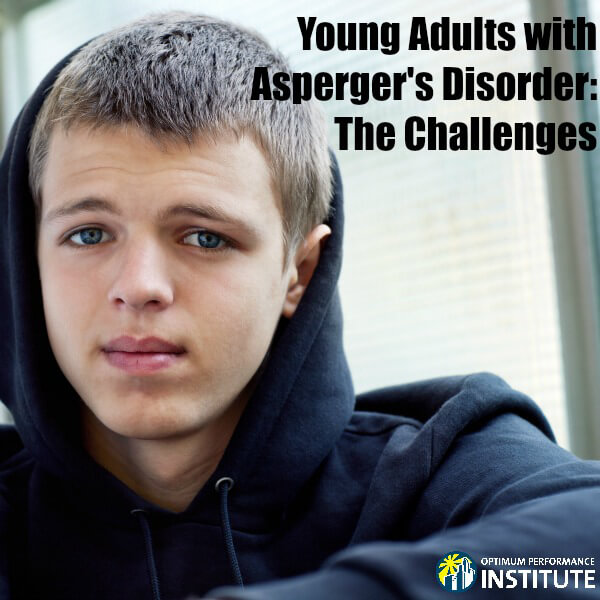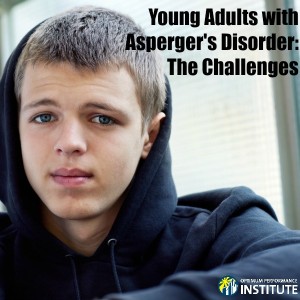
Young Adults with Asperger’s Disorder: The Challenges
 Asperger’s disorder, also known as Asperger’s syndrome, can be especially challenging for young adults. Because it is often lumped together with autism and other developmental disorders, people with Asperger’s syndrome can often struggle to receive an accurate diagnosis and treatment they need to live independently and succeed in life.
Asperger’s disorder, also known as Asperger’s syndrome, can be especially challenging for young adults. Because it is often lumped together with autism and other developmental disorders, people with Asperger’s syndrome can often struggle to receive an accurate diagnosis and treatment they need to live independently and succeed in life.
History of Asperger’s Disorder in Young Adults
In the 1940s, pediatrician Hans Asperger was the first to describe the syndrome in boys with normal intelligence and language development but who displayed autism-like behaviors and difficulty with social skills. Many professionals view Asperger’s syndrome as merely a milder form of autism and often use the phrase “high-functioning autism” to describe the condition.
The American Psychiatric Association’s Diagnostic and Statistical Manual of Mental Disorders (DSM-IV) listed Asperger’s as a separate disorder from autism in 1994. However, the association grouped Asperger’s syndrome in with autistic disorder and other pervasive developmental disorders under the umbrella diagnosis of autism spectrum disorder in the DSM-V released in 2013. This regrouping may not get young adults with Asperger’s disorder the specialized attention and treatment they need.
Autism and Asperger’s syndrome are distinct disorders. Young adults with Asperger’s experience less severe symptoms and often have good language and cognitive skills. Those with autism may be uninterested in social interactions, whereas people with Asperger’s really want to fit in with others, but do not quite know how to do it. They may know an incredible amount about one subject and have good memories, but struggle with abstract concepts.
Asperger’s syndrome creates special challenges for young adults aged 17 to 28 years. The severe and sustained trouble with social interactions, repetitive behavior patterns, intense obsessions, difficulty with making eye contact and issues with other non-verbal behaviors make life difficult for these young adults. Symptoms of the syndrome are exceptionally difficult for young adults who are struggling to stay in school, hold down a job and establish relationships.
Benefits of a Treatment Center for Young Adults with Asperger’s Disorder
While there is no cure for Asperger’s, treatment can help young adults interact more successfully with others. The most effective treatment centers for young adults with Asperger’s disorder offer cognitive behavioral therapy, a type of “talk therapy” that helps these adults manage emotions better and reduce repetitive routines and obsessive interests. Medications can help with depression, anxiety and other co-existing conditions. Occupational and physical therapy are helpful for those with poor motor coordination or problems with sensory integration. Speech and language therapy can help young adults engage in normal conversations.
Residential, intensive treatment for Asperger’s disorder is particularly helpful, especially when it includes parent training and family support techniques that parents of young adults can use at home.
With early diagnosis and prompt, effective treatment, young adults with Asperger’s can learn to overcome many of the problems associated with the disorder. While personal relationships and social situations are challenging, many young adults with Asperger’s syndrome can work at mainstream jobs, pursue a variety of interests and lead happy, independent lives.
If you are the parent of a young adult with Asperger’s syndrome, reach out to us for a consultation about our residential, transitional living program or our intensive outpatient program.
For more information on Optimum Performance Institute’s Overcoming Failure to Launch Syndrome Program for young adults with Asperger’s Disorder, contact us now by calling (888) 814-5985 or by submitting this contact form. We’ll be in touch promptly and look forward to connecting with you!
